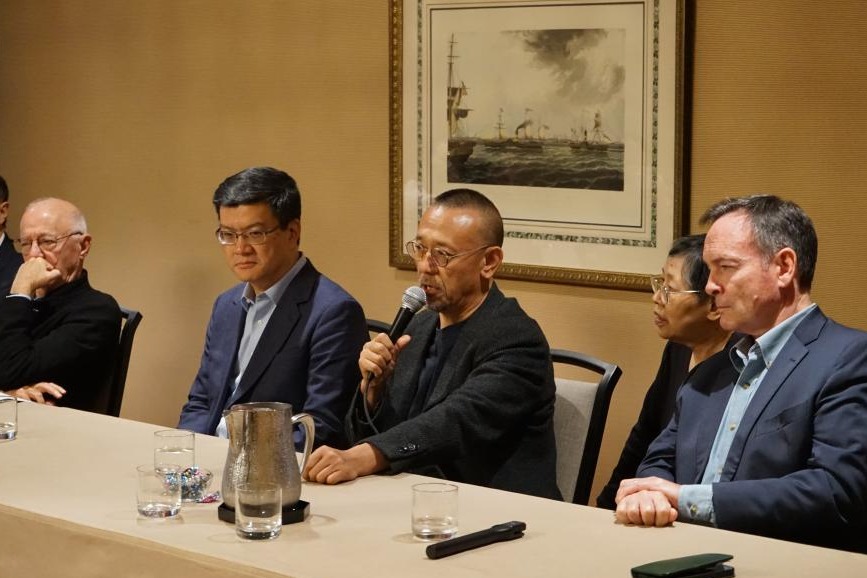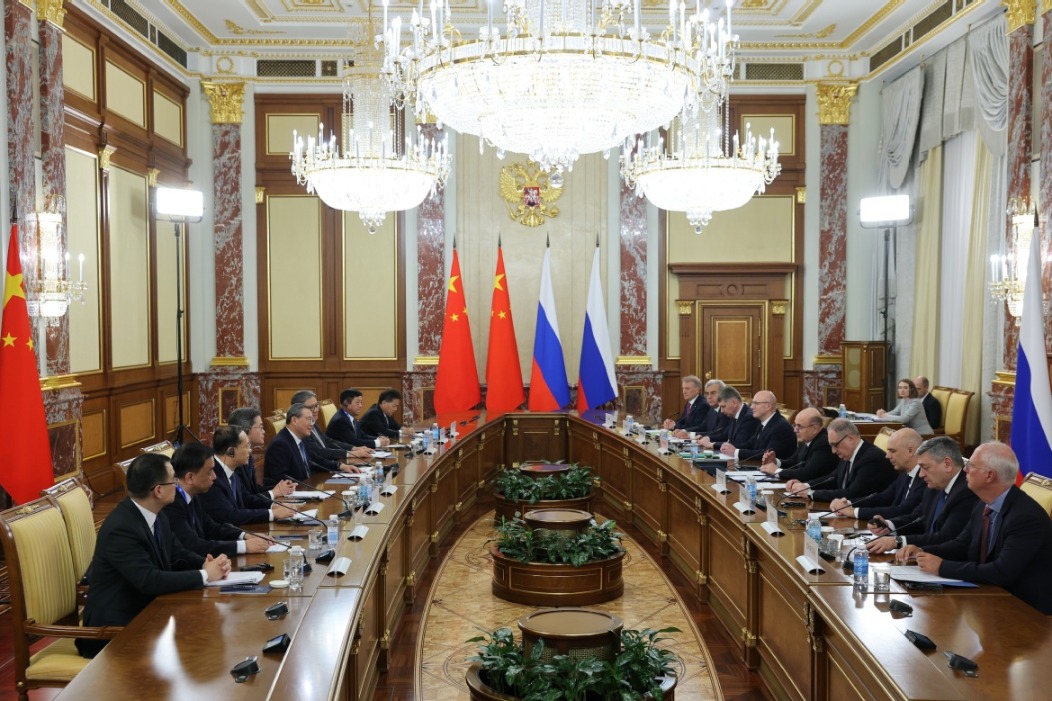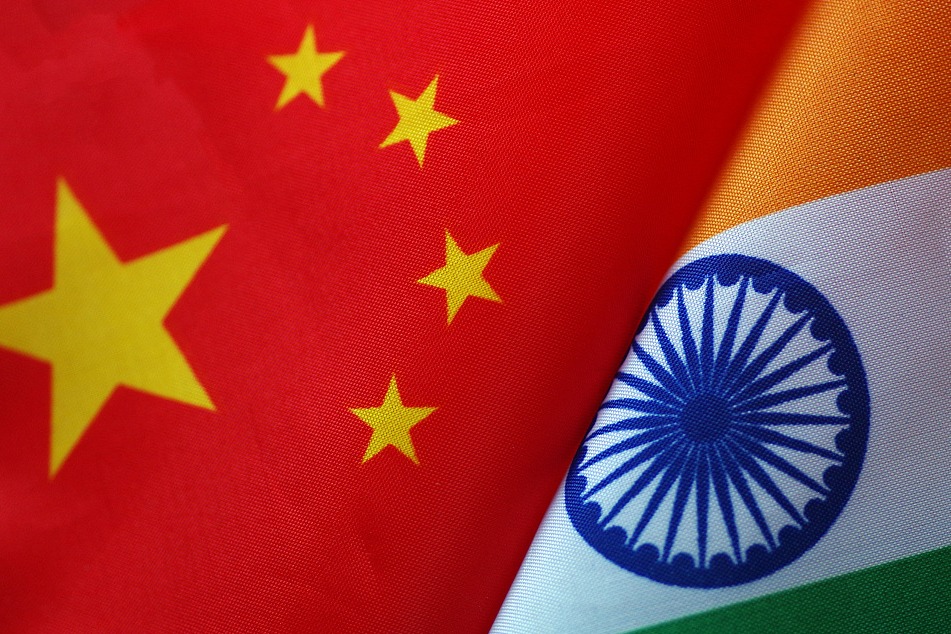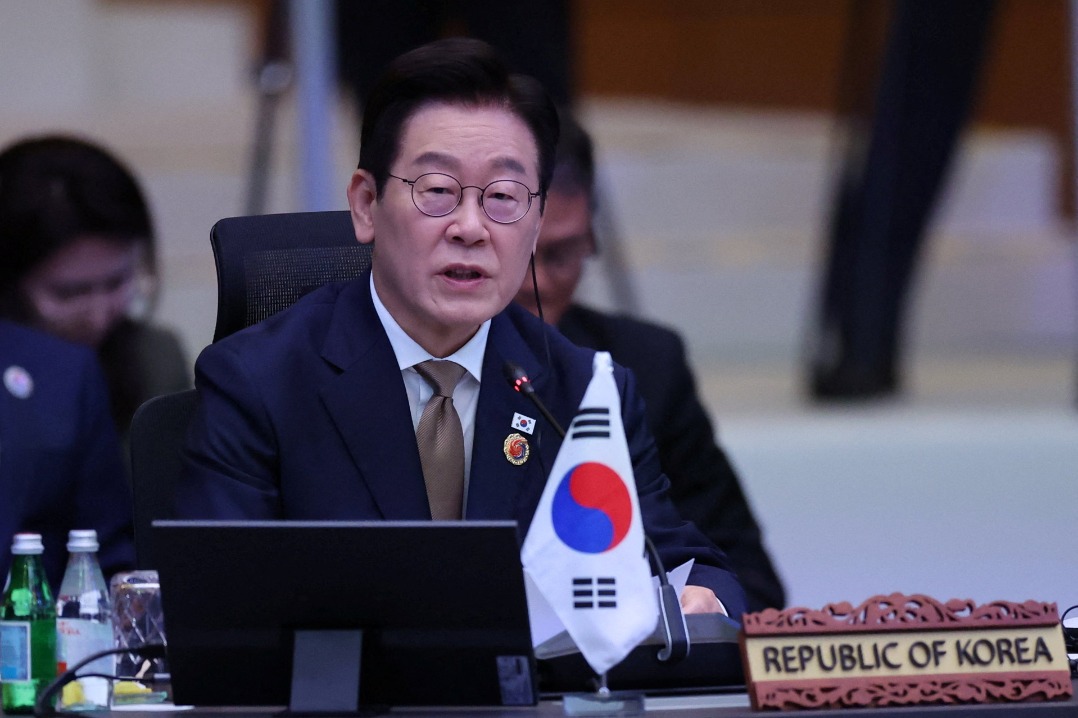Innovation should not create tech divide, panel hears

AI and digital technologies should remain interoperable to prevent a technological divergence, former US Trade Representative Charlene Barshefsky said on Monday, warning that such bifurcation would undermine innovation and limit cooperation on global issues.
Barshefsky made the comments at a panel discussion during the 6th US-China Hong Kong Forum, where experts from China, India and the United States warned that a fractured technological landscape, with incompatible AI systems, digital platforms and data regimes, would deepen geopolitical tensions and limit economic opportunity.
"My fervent hope is that countries around the world do not choose between the United States and China. I think that leads to an absolute bifurcation of the world, which I think is extremely dangerous," Barshefsky, chair of National Committee on US-China Relations, said at the event High-Level Conversation: Power, Partnership, and the Next Order.
In the discussion, panelists were asked whether the world is heading toward a future where Chinese phones cannot work with American software, and countries are forced to choose between incompatible technology systems.
Barshefsky noted that competing digital systems do not have to remain incompatible, saying "all of these technologies can be made interoperable."
She pointed to earlier moments in the tech industry when interoperability was not voluntary but effectively compelled.
"It used to be that if you had an Apple phone, you couldn't get Gmail, you couldn't get Google Mail. It had to be made interoperable for the two systems to work together, which is what consumers and, thankfully, the regulators demanded," she said.
Barshefsky warned that a technological bifurcation would come at a profound cost.
A bifurcated digital world would erode "the mutuality of invention and innovation, of education, of scientific discovery," she said.
"What's lost is progress on an absolutely grand and global scale because of these competing, non-interoperable systems," Barshefsky said, adding, "What's lost is solutions to global problems."
Worse, separate systems would produce "some 'facts' here and 'alternative facts' there," deepening "the very divisions you would want to avoid".
"This is not conducive to globalization, and it's not conducive to the building of trust," she said.
Nirupama Rao, the former Indian foreign secretary, warned that "a new kind of iron curtain" is dropping in the field of technology, arguing that technological nationalism is complicating today's geopolitical divisions.
Rao noted that the world is already splintering into incompatible digital ecosystems — from AI regimes to payment networks — and cautioned that Asia stands to lose more than any other region if these divisions deepen.
"We need more interoperability in many of these areas, for the good of the people, and not to sacrifice digital sovereignty, certainly not," Rao said.
The former Indian ambassador to China and the United States proposed that India, China and the US work together on "digital diplomacy and digital cooperation", particularly on digital public-health platforms.
She added that the three countries also hold complementary strengths in the wider digital economy, and that in agriculture there are further openings for collaboration on climate-resilient farming, soil-carbon mapping, precision irrigation, supply-chain connectivity and early-warning technologies for droughts and pests.
Wang Jisi, founding president of Peking University's Institute of International and Strategic Studies, shared two anecdotes to illustrate the limitations of technological separation and the true causes of division.
A decade ago, he recalled being told not to bring a Huawei phone to the United States because it "could not be used there." But when he tried it, "it worked wonderfully," and a Xiaomi phone he carried "worked wonderfully" as well.
Despite this, he still faces challenges in using either device to call an Uber in the US.
Wang seemed to suggest that the narrative of strictly incompatible systems does not match the everyday reality of global technology use.
But his experience with ChatGPT showed a deeper divide: The deeper "bifurcation" is informational and ideological, not technological.
Wang said he relies on ChatGPT in Chinese and English, but the responses differ depending on the language. When he submits a question in Chinese about handling US pressure, the system gives neutral analysis but also tells him China should "resist unreasonable American pressure" — "advising me to be a good Chinese citizen," he noted. When he asks the same question in English, the answer is "more objective" and "more Westernized."
"Technically, I believe there can be two different systems. But socially and economically and politically, these divisions are not advisable," Wang said.































